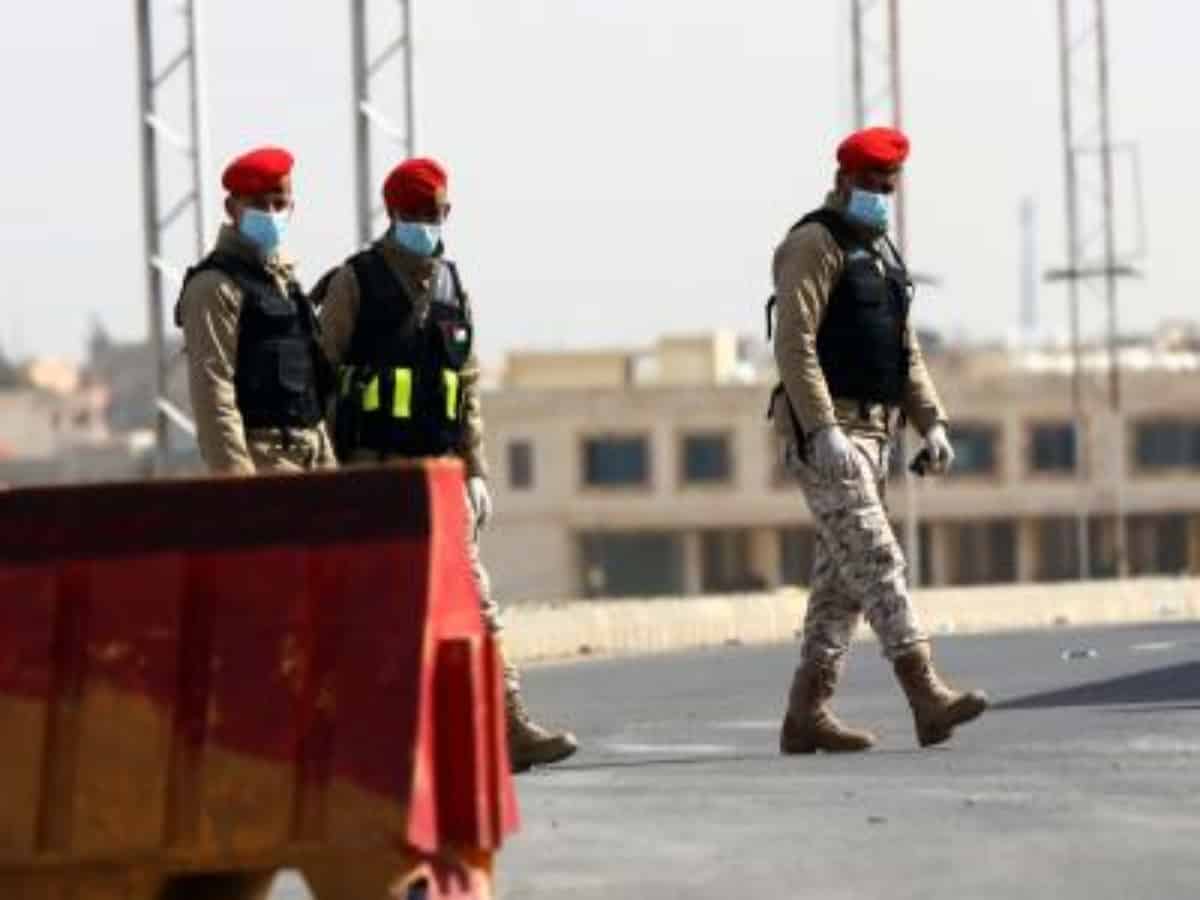
Amman: Twelve people were killed and 251 others injured in a toxic chlorine gas leak from a container at Jordan’s Aqaba port, state media reported.
Jordan opened a large field hospital in Aqaba to treat those injured in Monday’s leakage as the Red Sea port city’s hospitals have reached full capacity, Xinhua news agency quoted the state-run Al Mamlaka TV as saying.
Director of Aqaba Health Department Jamal Obeidat said those injured are in moderate to serious medical conditions.
He warned Aqaba residents to remain at home, saying that the danger of the toxic gas leakage is still there.
Samer Zbeideh, a resident of Aqaba who works as a teacher, told Xinhua that the situation is scary.
“I am staying home with my wife and two daughters. We closed the windows and the doors and we are watching the news… we hope this will be solved very soon. It is a tragic incident,” he said.
Prime Minister Bisher Khasawneh arrived in Aqaba on Monday evening to follow up firsthand on the efforts to deal with the repercussions of the explosion of a gas tank, the state-run Petra news agency reported.
Khasawneh expressed his deepest condolences and sympathy to the victims’ families and wished a speedy recovery for the injured.
He has directed Interior Minister Mazen Faraya to lead a team to investigate the incident.
According to a report in the BBC, a large cloud of bright yellow gas was seen spreading across the ground following the leakage, sending people running for safety.
Chlorine is a chemical used in industry and in household cleaning products. It is a yellow-green gas at normal temperature and pressure but is usually pressurised and cooled for storage and shipment.
When chlorine is inhaled, swallowed or comes into contact with skin, it reacts with water to produce acids that damage cells in the body.
Inhaling high levels of chlorine causes fluid to build up in the lungs, a life-threatening condition known as pulmonary oedema.
(Except for the headline, the story has not been edited by Siasat staff and is published from a syndicated feed.)

